
Why tell conservation stories?
Stories have been told since the beginning of our existence and are a powerful tool to communicate and influence. Yes, even cave drawings told stories way back in the days of the woolly mammoth and neanderthals.
Conservation stories are no different. They do what numbers and statistics can’t do. When told effectively, stories create an emotional reaction in humans. And that matters because our emotions are key in making us act. When we feel an emotional reaction to a conservation story, we’re more likely to donate, volunteer, and use word of mouth to spread the message. Stories can be used to communicate the importance of conservation and the impact it has on the environment. Not only do these stories bring life to conservation efforts, but they can also be used to raise awareness, activate people to take action, and inspire people to appreciate nature.
Telling stories about conservation can be done through a variety of mediums. For example, photographs can be used to capture the beauty of nature, videos can show the process of conservation, and articles can discuss the importance of conservation. Each medium has the potential to inspire people to take action. The most successful conservation stories come when the storyteller finds a way to connect with the viewers on an emotional level. This connection can help to motivate people to make a difference on an environmental level.
So why should your organization be putting more emphasis on telling its stories? Overall, storytelling is a powerful tool to help promote and protect the environment. By incorporating stories into conservation efforts, people may become more aware of environmental issues, inspired to take action, and appreciate nature more.





